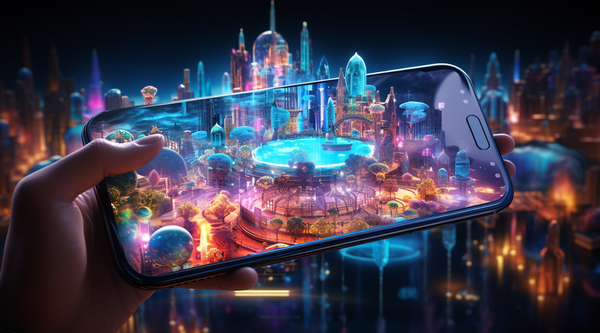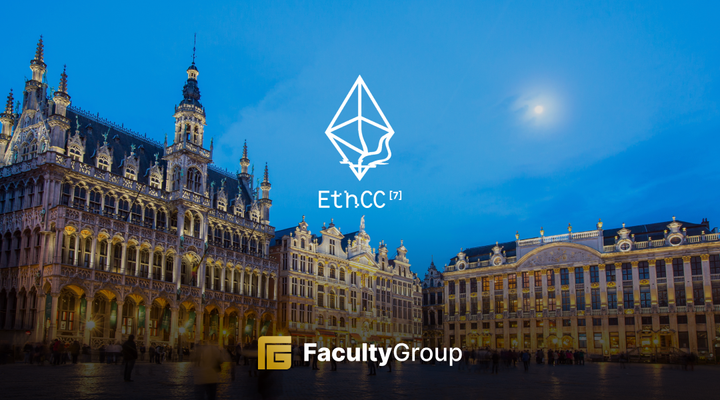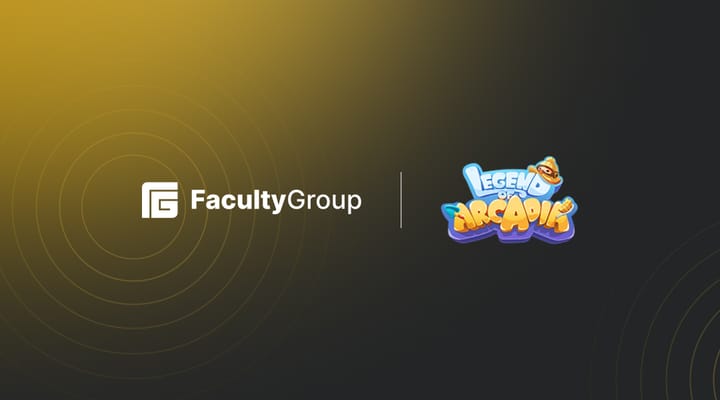Google Play embraces digital assets

Google Play’s major policy announcement was a major milestone for Web3 and marked a shift in approach from the Play Store. In his blog post, Joseph Mills, Google Play’s Group Product Manager, wrote that this will allow partners to reimagine “traditional games with user-owned content” and boost “user loyalty through unique NFT rewards”. Having worked in partnership with Reddit to design and implement this policy shift, Google signalled its commitment to “creating a level playing field that promotes user trust, and responsible usage of blockchain technology”. Having opened the door for digital assets, let’s look at the three main elements of this policy shift for developers’ and projects buiding in the space:
1. Gambling & Cryptomining remain out-of-bounds
In order to maintain compliance with Google Play’s Real-Money Gambling, Games and Contests policy, Apps still cannot accept money for chances to win digital assets, which included offering mechanisms to receive randomised blockchain-based items from a purchase. Loot boxes based around NFTs still remain out of bounds. For example, pay-to-play social casino games, such as slot machines, that reward NFTs would still be in violation of this updated policy. Google also maintained their ban on cryptomining apps on-device but permits apps that remotely manage the mining of crypto. Sorry no BTC mining via playstore.
2. Crypto Exchanges and Wallets
Play Store clarified the need for apps to conduct certified services in regulated jurisdictions specifically when it comes to crypto exchanges and software wallets as well as for Financial transactions. Developers must comply with applicable regulations for any region or country that an App targets and avoid publishing where products and services are prohibited. Google Play will need proof of compliance with any applicable regulatory or licensing requirements to list these on Play Store.
3. Tokenized Digital Asset Transparency
Google positioned their policy around the importance of user trust and user protection. They also clarified that when companies offer the ability to buy, sell or earn tokenised assets, they will be required to make it clear in the Play Console that there are blockchain-based elements in their app. Most importantly, Google highlighted that glamourising or promotion of any potential earnings from playing or trading activities is strictly prohibited. Celebrities have been clearly warned.
However, Google does set out the additional requirements for NFT Gamification. NFTs bought by users should be consumed or used in the game to enhance a user’s experience or aid users in advancing the game. NFTs must not be used to wager or stake in exchange for the opportunity to win prizes of real-world monetary value (including other NFTs).
Like Apple, Google has focused on the importance of user trust and user protection. They also clarified that when companies offer the ability to buy, sell or earn tokenised assets, they are required to make it clear in the Play Console that there are blockchain-based elements in their app.
In contrast, Apple’s app store has maintained its position since October 2022. Apple has taken a more cautious approach to digital asset ecosystems and put additional fees on in-app sales. Apple said apps were allowed to list, mint, transfer, and let users view their own existing collections. However, their rules prevent ownership unlocking any more features. Apple also prevents apps from showing external links to purchase digital assets; these can only purchase NFTs through Apple’s in-app payment system which makes this cost prohibitive for most apps.
In many ways, this is Play Store catching up to app developers who are implementing user-owned content to boost user loyalty through unique rewards via digital assets. Users should begin seeing these in-app game experiences later this Autumn, as a select group of developers are helping to test out the new policy ahead of its rollout to all developers at the end of the year. Google Play is working with industry partners on further improving its support of blockchain-based applications, including secondary marketplaces. Google has once again laid down the gauntlet. We will see what Apple does and whether users embrace tokenised in-app digital asset gamification.








